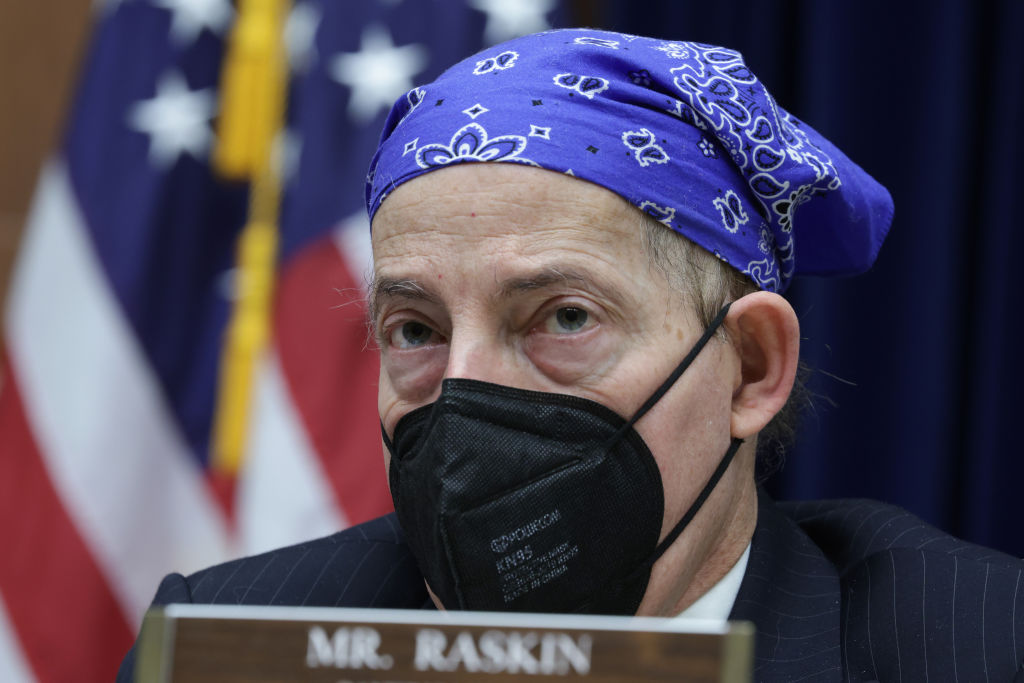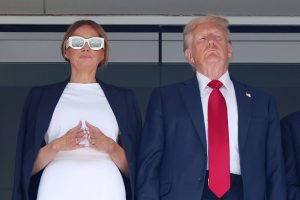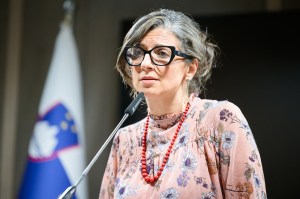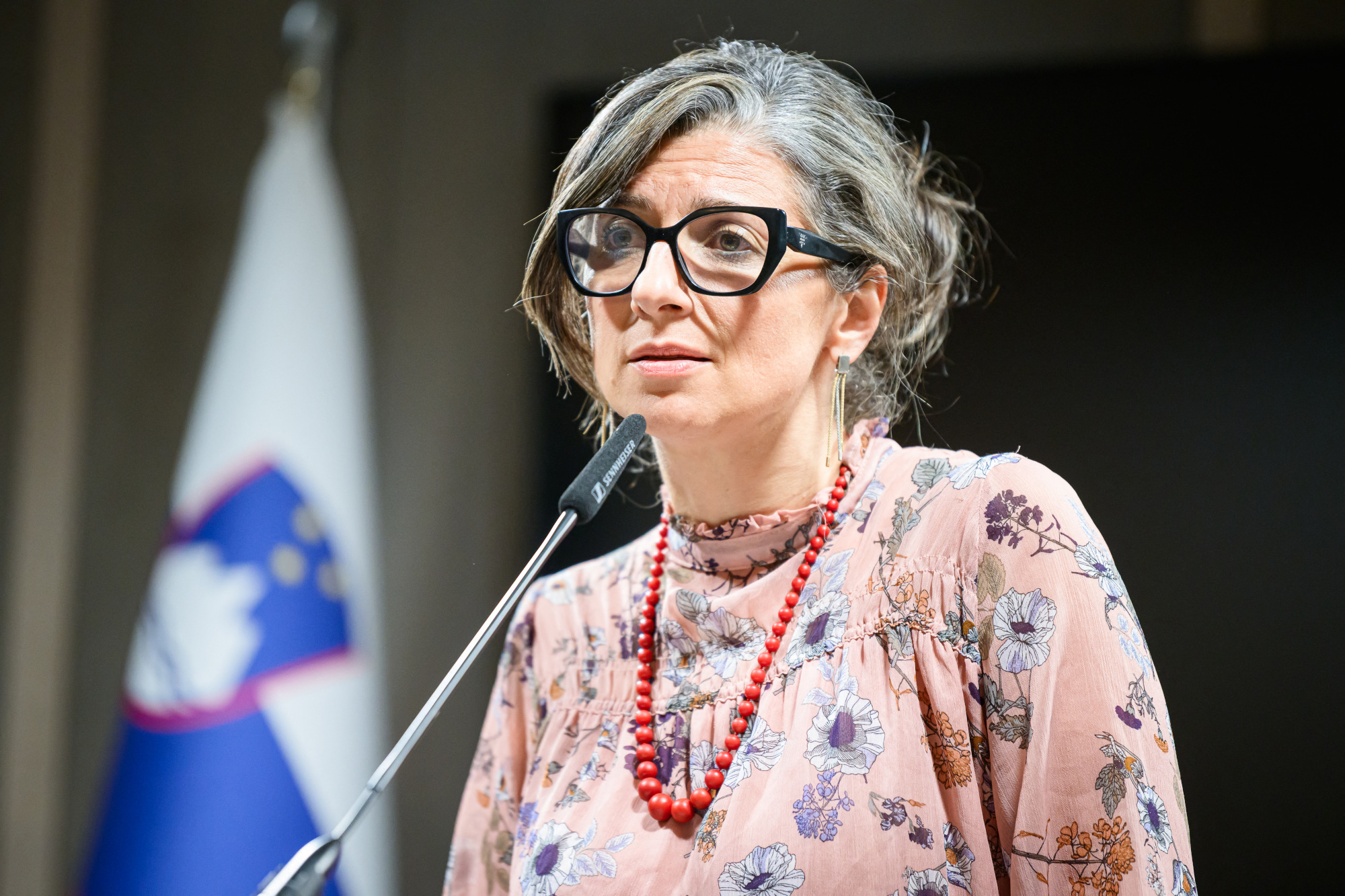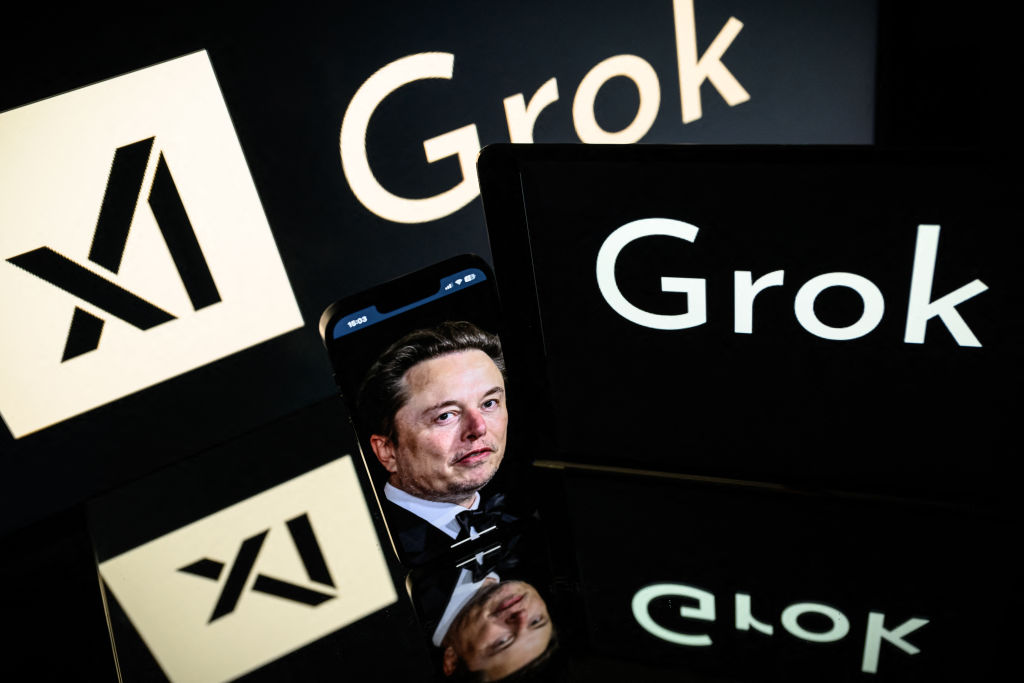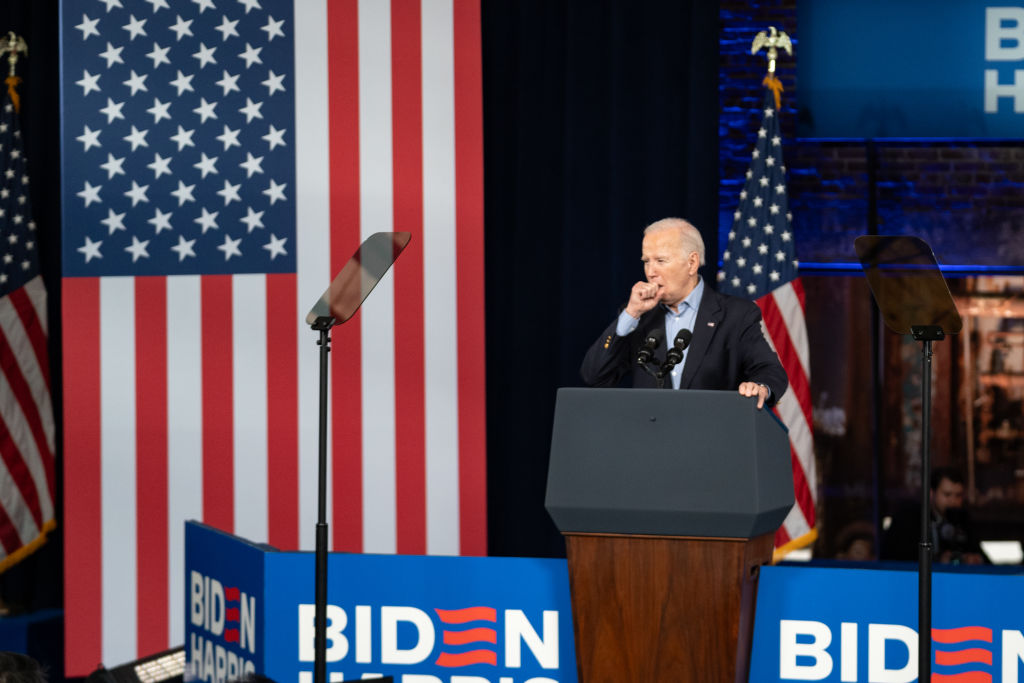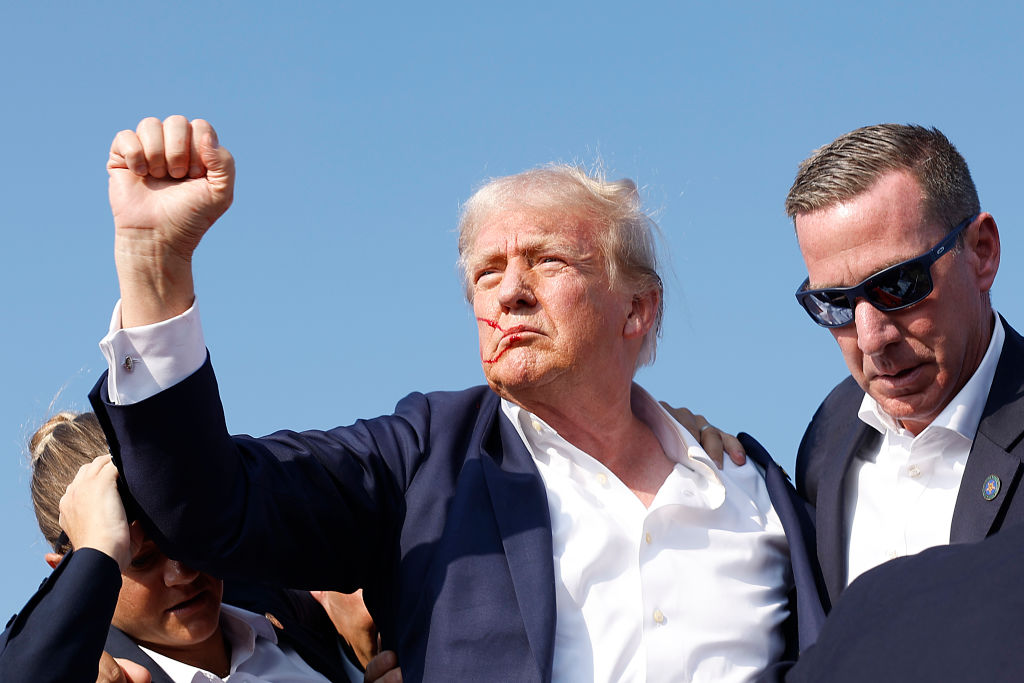A long time ago in a galaxy far, far away, free speech was primarily defended by civil libertarians and the Democratic Party. This was in the 2000s, when a handful of civil libertarians on the right and many more on the left worried about how the Patriot Act would enhance the government’s ability to monitor its own citizens. They also opposed the growing power of the intelligence community, which they thought could pressure companies into providing private information that the government could not legally grasp for itself.
The past is a different country. Yesterday’s hearing before the House Oversight Committee with three former Twitter executives illustrated as much. Democrats repeatedly made the case that the hearing was a distraction, unimportant, even conspiratorial.
Ranking Member Jamie Raskin claimed that when it came to Twitter’s censoring of the New York Post and banning even the private sharing of Post articles about the Hunter Biden laptop saga, an apology — “our bad” — should be sufficient. Raskin then said that instead of private-sector censorship, the committee should be focused on Russian bots influencing the election — as if this is something Congress under Democratic leadership had ignored.
As if extracting a talking point out of amber, Representative Alexandria Ocasio-Cortez pronounced with straight a face that the laptop-related stories deserved to be censored because they were “disinformation,” something no one actually believes at this point. Not even the fifty-plus former intel officials who signed a letter to that effect in 2020 will defend such a claim. She then proceeded to demand to know why Twitter wasn’t censoring more content, particularly LibsofTikTok — disseminating disinformation herself in the process.
It fell to Republicans like Oversight Chair James Comer to make the case that the federal government and the intel community pushing Twitter behind the scenes to censor speech is kind of a big deal.
“[Twitter] worked hand-in-hand with the FBI to monitor the protected speech of Americans, receiving millions of dollars to do so,” Comer said. “Twitter, under the leadership of our witnesses today, was a private company the federal government used to accomplish what it constitutionally cannot: limit the free exercise of speech.”
The former Twitter execs — two of them were fired, one resigned following Elon Musk’s purchase of the company — were apologetic but also danced around the level of influence the intelligence community had on their decision. James Baker, the former deputy general counsel at Twitter and a veteran of the FBI, said he hadn’t discussed the Hunter Biden laptop story with his contacts there. But we know, thanks to Michael Shellenberger’s reporting on the Twitter files, that he had a call that very day with the general counsel at the FBI.
The most audacious admissions about censorship came, surprisingly, from the Democrats’ own witness, former employee Anika Collier Navaroli, a member of the Twitter US Safety Policy team. In response to a question from Democratic Representative Melanie Ann Stansbury, she expressed the new Democratic standard on free speech limitations quite well: words are violence.
“Instead of asking just free speech versus safety, to say free speech for whom and public safety for whom,” Navaroli said. “So whose free expression are we protecting at the expense of whose safety and whose safety are we willing to allow to go the winds so that people can speak freely.”
As attorney Jonathan Turley noted in response:
According to Navaroli, she and her staff would not allow the “safety [of others] to go the winds so that people can speak freely.” It is the classic defense of censorship in history and the touchstone of every authoritarian regime today. Today’s hearing will address the question of when corporate censorship programs become an extension of the government. However, while it is unclear how Twitter’s censorship made us more safe, Twitter’s “nuanced” standard certainly allowed free speech “go to the winds” of censorship.
There are certain foundational aspects of the United States that are supposedly shared by both parties. First Amendment values like religious liberty, freedom of the press, and freedom of speech are among them, having historically not been considered monopartisan. Yet we now inhabit a new era in American life, where one party is consistently demanding more censorship, more silencing, more deplatforming, and more shutting down of speech they find troublesome, rebranding it as “dangerous disinformation.”
These politicians speak not with the humility of those who want to guard against extremes — think of the Democrats and Republicans who voted for the Patriot Act because they thought it was necessary but expressed worries it could go too far — but with the fervor of belief that they are on a holy mission, making the moral case for the greater good. If you believe the American people don’t know what’s good for them, any tool must be made use of in the fight to silence. They don’t just believe this anti-speech fervor, and the violence it does to our principles, is necessary. They believe it is good.



